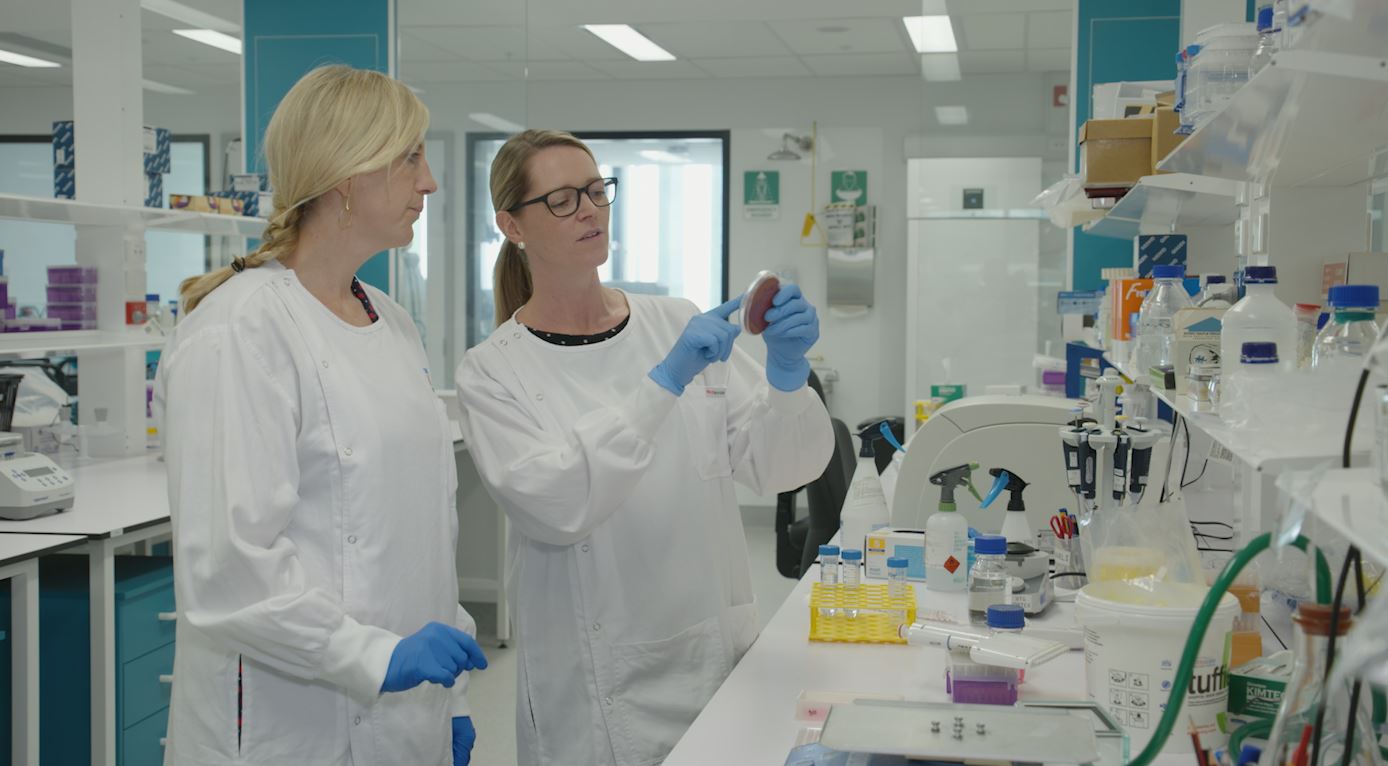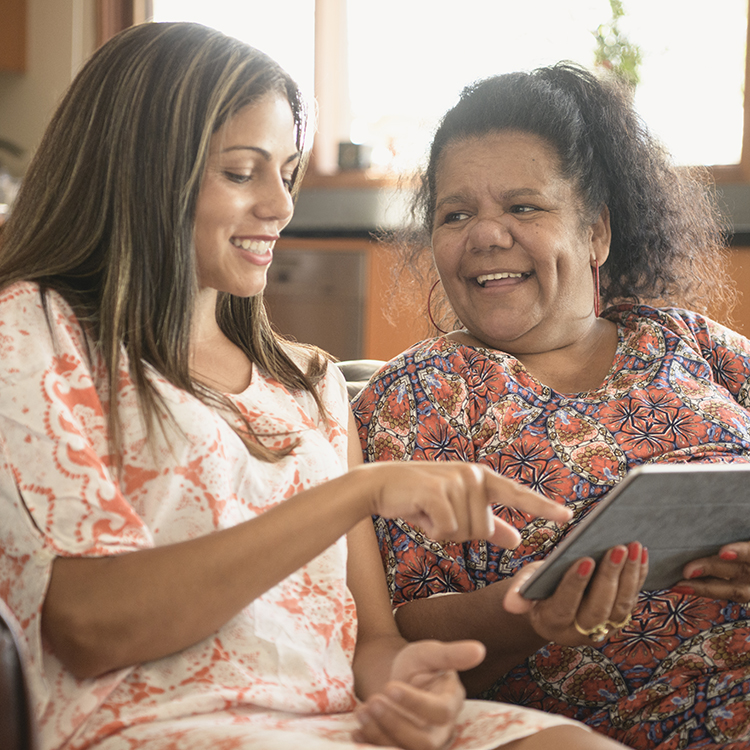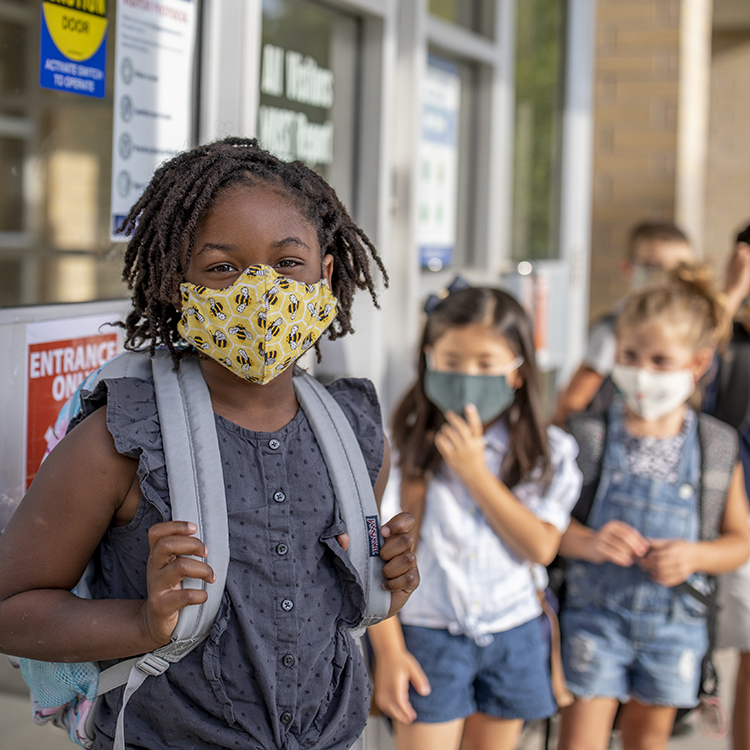Search

A new rapid research funding model is translating into quick results.

Wiping out childhood ear infections could become a reality thanks to new research identifying the main bacteria responsible for recurrent ear infections and repeat ear surgeries.

A number of organisations have created COVID-19 resources specifically developed for Aboriginal and Torres Strait Islander people.

View the full catalogue of The Kids Research Institute Australia COVID-19 video resources.
Research
“That's not fair on my kid”: Carers' perspectives on sport participation and experiences for children in out-of-home careChildren in out-of-home care participate in less organised sport than children from other household structures, potentially reducing opportunities for improvements in social, developmental, and health outcomes. Despite this, little is known about barriers and facilitators of sport participation for children in care. We aimed to explore carers' perspectives on the influences on children in care's participation and experiences in organised sport.
Research
Public health impact of current and proposed age-expanded perennial malaria chemoprevention: a modelling studyIn 2022, the World Health Organization extended their guidelines for perennial malaria chemoprevention (PMC) from infants to children up to 24 months old. However, evidence for PMC's public health impact is primarily limited to children under 15 months. Further research is needed to assess the public health impact and cost-effectiveness of PMC, and the added benefit of further age-expansion. We integrated an individual-based model of malaria with pharmacological models of drug action to address these questions for PMC and a proposed age-expanded schedule (referred as PMC+, for children 03-36 months).
Research
Research priorities for preterm lung health research across the lifespan: a community priority setting partnershipIt is essential to embed patient and public perspectives into every stage of the research journey, including setting the future research agenda. The substantial gaps in our understanding of prematurity-associated lung disease presented a timely opportunity to determine the community's research priorities.
Research
The effect of comprehensive geriatric assessment on treatment decisions, supportive care received, and postoperative outcomes in older adults with cancer undergoing surgerySurgery is an essential part of cancer treatment, particularly for localised solid tumours. Geriatric assessments (GA) with tailored interventions or comprehensive GA (CGA) can identify frailty factors and needs of older adults with cancer, assisting treatment decisions and care strategies to reduce postoperative complications. This systematic review summarises the effects of GA/CGA compared to usual care for older adults with cancer intended for surgery: their impact on treatment decisions, supportive care interventions, postoperative complications, survival, and health-related quality of life.
Research
Psychosocial predictors of problem gambling severity in males: findings from a longitudinal study of Australian menGambling disorder has emerged as a significant public health issue in Australia. Men are more likely than women to gamble and to develop gambling disorder. This study aimed predict men’s problem gambling severity using a multivariate approach comprised of different indicators of psychosocial functioning, past gambling behavior, and demographics (age and socioeconomic disadvantage).
Research
Researchers’ self-reported adherence to ethical principles in Aboriginal and Torres Strait Islander health and medical research and views on improving conduct: a mixed methods studyTo examine researchers' reports of adherence to ethical principles in their most recent research project, including factors associated with higher self-reported adherence, and perceptions of how research conduct could be improved.
